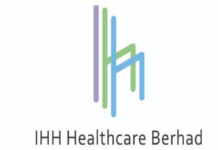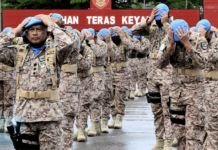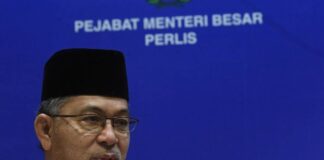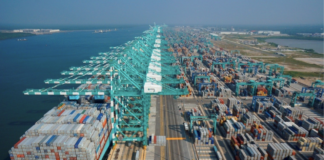KUALA LUMPUR, July 5 — Those from the logistics and transportation sector can continue to use the travel approval letters issued under the SMILE system (Sistem Maklumat Industri Logistik) dated from June 1, 2021 onwards for inspections at roadblocks.
The Ministry of Transport (MOT), in a statement today, said this was following the implementation of the Enhanced Movement Control Order (EMCO) in several sub-districts and localities in Selangor and Kuala Lumpur from July 3-16 as well as the announcement of the National Recovery Plan (PPN).
“However, the latest letter with amendments taking into account the transition from the MCO phase to PPN can be downloaded today from the SMILE system via the website https://application.mot.gov.my. Industry players are encouraged to download the letter,” it said.
The statement said that loading and unloading activities of non-essential goods would only be allowed in non-EMCO areas (nationwide) based on the existing standard operating procedure (SOP).
For areas under the EMCO, it is limited to warehousing companies only because they provide a network of services to ports and airports, which is clearly permitted in the SOP of the EMCO in Selangor.
For sectors other than warehousing, loading or unloading activities are limited to companies named under the list of essential services of the EMCO.
It said that the warehousing sector was not subject to the operational limits of essential goods only as it provided storage and unloading services of finished goods to the port.
“The warehousing sector activities do not involve any manufacturing activities. As such, the warehousing sector can continue to operate without restrictions on the types of essential and non-essential goods,” it said.
The statement said the essential services that are permitted for the transportation and logistics sector included sea, air and maritime transport; goods and public transport; as well as ports and airports.
Also permitted are services to ports and airports such as off dock/on dock depot; free trade zone cargo disposal, ship supplies and supply of clean water; courier/p-hailing services (delivery of goods via private and commercial vehicles); and public transport terminal services.
















